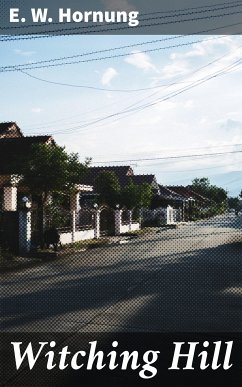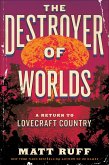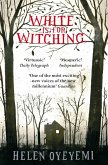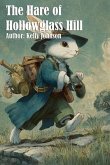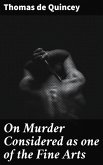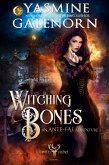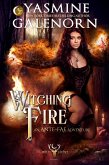In "Witching Hill," E. W. Hornung explores the enigmatic intersection of nature, folklore, and human emotion through a nuanced narrative that embodies the rich tapestry of late Victorian literature. This novel weaves together elements of the supernatural and the mundane, drawing on the eerie atmosphere of the English countryside to create a haunting backdrop for its characters' intertwining fates. Hornung's prose is both lyrical and evocative, employing vivid imagery to capture the intrigue and danger that lurk within the hills, as well as the psychological contours of his protagonists' lives. E. W. Hornung, best known for his creation of the gentleman thief A.J. Raffles, reveals a deeper dimension in "Witching Hill" as he delves into themes of superstition and the human psyche. His own background as a writer married to a talented poet and his fascination with the darker facets of existence inform the novel's exploration of fear and desire. Hornung's ability to blend adventure with introspective storytelling reflects his diverse literary talents and keen understanding of his characters' motivations. "Witching Hill" is a compelling read for those interested in the fusion of psychological depth and supernatural elements in literature. Hornung's exploration of human nature against the backdrop of an otherworldly landscape will captivate readers, inviting them to ponder the mysteries of existence and the shadows of their own fears. This novel is a must-read for anyone drawn to the complexities of the human condition and the allure of folklore. In this enriched edition, we have carefully created added value for your reading experience: - A succinct Introduction situates the work's timeless appeal and themes. - The Synopsis outlines the central plot, highlighting key developments without spoiling critical twists. - A detailed Historical Context immerses you in the era's events and influences that shaped the writing. - A thorough Analysis dissects symbols, motifs, and character arcs to unearth underlying meanings. - Reflection questions prompt you to engage personally with the work's messages, connecting them to modern life. - Hand-picked Memorable Quotes shine a spotlight on moments of literary brilliance. - Interactive footnotes clarify unusual references, historical allusions, and archaic phrases for an effortless, more informed read.
Dieser Download kann aus rechtlichen Gründen nur mit Rechnungsadresse in A, B, BG, CY, CZ, D, DK, EW, E, FIN, F, GR, H, IRL, I, LT, L, LR, M, NL, PL, P, R, S, SLO, SK ausgeliefert werden.

